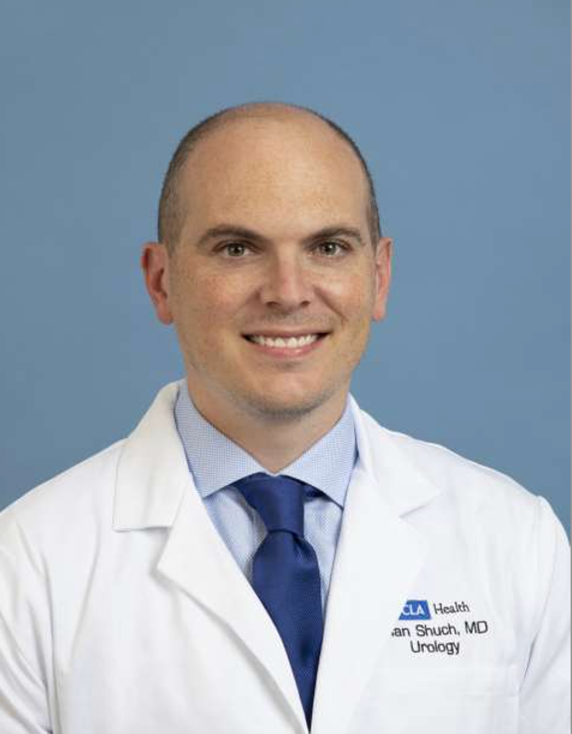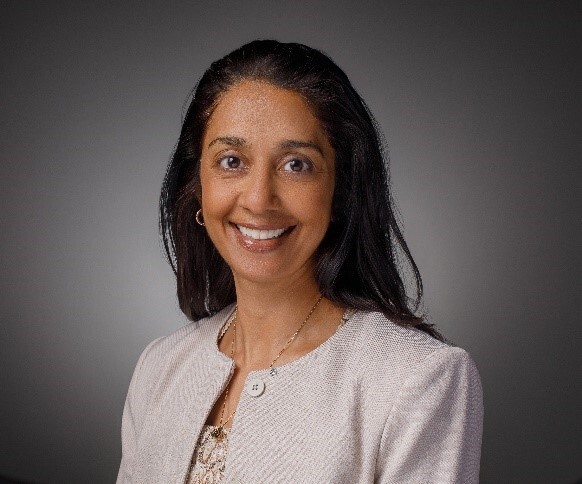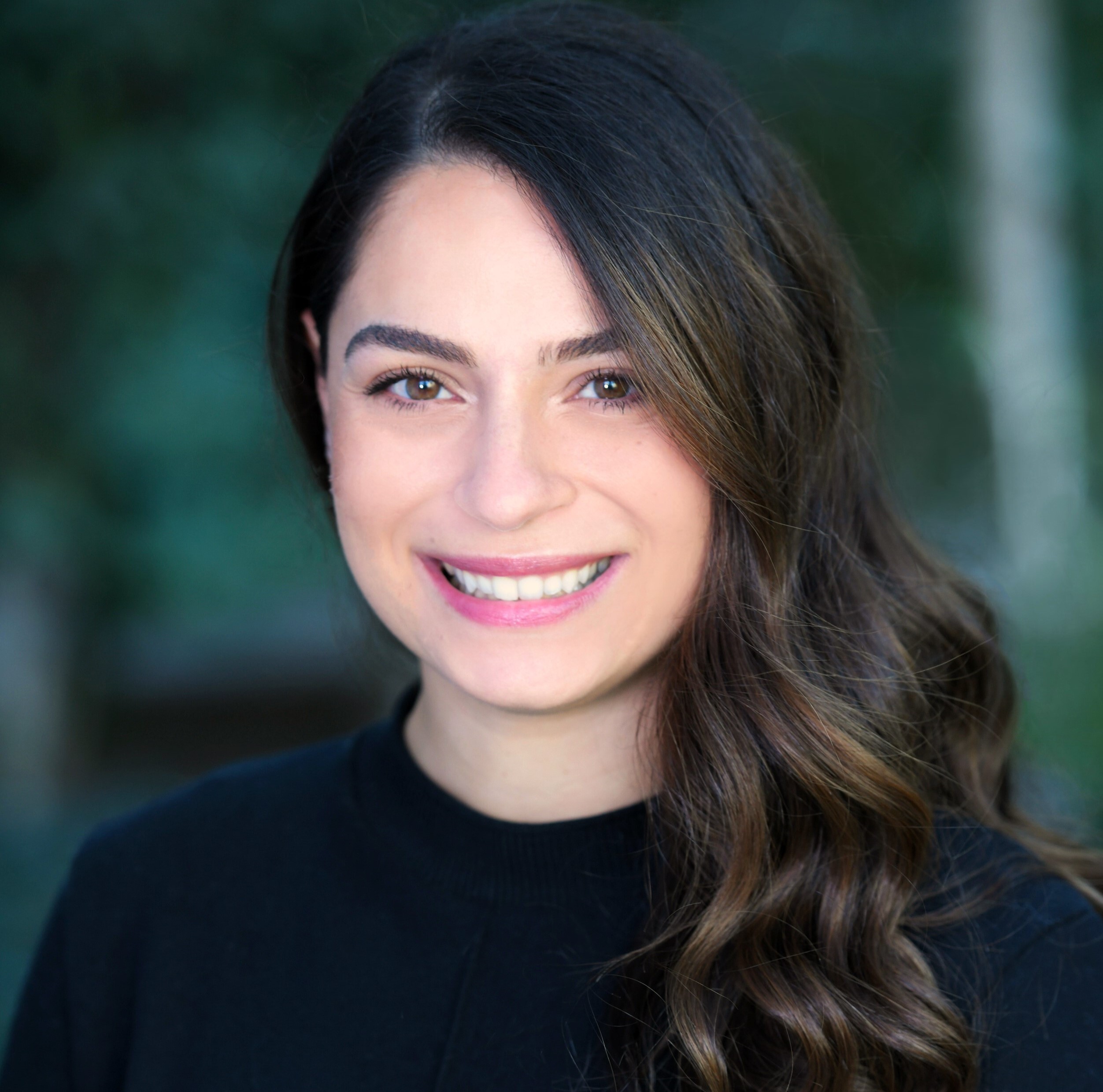
Week 10 2024
Recorded On: 01/19/2024
Tobias Else, MD
Associate Professor, Internal Medicine, Division of Metabolism, Endocrinology and Diabetes
University of Michigan
Dr. Else’s primary appointment is with the Division of Metabolism, Endocrinology and Diabetes, but he currently serves as the Interim Chief of the Division of Genetics in Medicine in the Dept. of Internal Medicine. He received his MD degree from the University of Hamburg, Germany. He pursued his clinical training at the University of Hamburg (Residency: Internal Medicine) and the University of Michigan (Residency: Internal Medicine, Fellowship: Endocrinology). His main research interests are the genetics of endocrine tumors. Dr. Else’s clinical practice focuses on the care for patients with benign and malignant endocrine tumors, particularly pheochromocytoma, adrenocortical tumors and neuroendocrine tumors as well as accompanying hormone excess syndromes (e.g Cushing syndrome, primary aldosteronism). Dr. Else has a particular interest in taking care of patients with hereditary syndromes that predispose to the development of endocrine tumors (e.g. Multiple Endocrine Neoplasia (MEN) type 1, MEN2A & MEN2B, Hereditary Paraganglioma Syndrome). He attends the Multidisciplinary Endocrine Oncology Clinic, where patients with tumors receive diagnostic procedures and treatment. In addition, he is part of the Cancer Genetics Clinic, which evaluates patients for hereditary syndromes and facilitates regular exams and surveillance for patients at risk for endocrine tumors.

Brian Shuch, MD
Director of the Kidney Cancer Program and the Alvin & Carrie Meinhardt Endowed Chair in Kidney Cancer Research
University of California, Los Angeles
Dr. Brian M. Shuch’s decision to study urologic oncology was a personal one: he wanted to help others defeat cancer after watching a member of his own family succumb to the disease. “I wanted to be a surgeon in a field where patients have excellent outcomes with surgery,” he explains. “I also wanted to be involved with systemic therapy and cutting-edge research.” At Yale, Dr. Shuch runs the urologic oncology cancer research bank, where all tissue, urine, and blood is stored for future research within the Yale Cancer Center.
Dr. Shuch completed his urology residency and surgery internship at the University of California, Los Angeles and played a key role in its Kidney Cancer Program. After his residency, he completed a three-year urologic oncology fellowship at the National Cancer Institute (NCI), focusing on clinical trials, drug development, and the comprehensive management of patients with kidney cancer. He holds a joint appointment from the Yale School of Medicine in the Urology and Diagnostic Radiology departments.
In addition to his clinical interests, which include open and robotic surgery, systemic therapy, percutaneous kidney tumor biopsies and cryoablation—the use of extreme cold to kill cancer cells—Dr. Shuch is committed to limiting over-treatment of non-aggressive urologic cancers. When appropriate, he prefers a strategy of active surveillance and the integration of genetic testing in cancer care.
Dr. Shuch is a member of two oncology clinical trial groups, the Society of Urologic Oncology and SWOG, formerly the Southwest Oncology Group, which receives support from the National Cancer Institute (NCI). He helps run the multidisciplinary Yale Kidney Cancer Tumor Board and is part of the kidney cancer clinical trial team. These trials involve treatment of the disease at all stages, from small localized tumors to advanced metastatic disease. “Our improved understanding of the genetics of kidney cancer will allow the integration of molecular markers into treatment algorithms,” he explains. Studies show that molecular markers can be useful in many ways, including measuring the progress of disease and evaluating the most effective therapy for a particular cancer type.

Veda Giri, MD
Division Chief, Clinical Cancer Genetics; Director, Cancer Genetics and Prevention Program; Director, Early-Onset Cancer Program
Yale School of Medicine
Veda N. Giri, MD is a medical oncologist with specialization in clinical cancer genetics. She serves as Division Chief of Clinical Cancer Genetics for Yale School of Medicine, Director of the Cancer Genetics and Prevention Program, and Director of the Early-Onset Cancer Program at Yale Cancer Center. As leader of Cancer Genetics and Prevention, Dr. Giri leads a comprehensive effort in genetic evaluation for precision medicine, tailored cancer screening, and hereditary cancer assessment across patient populations. She is the Principal Investigator of multiple grant-funded cancer genetic evaluation studies spanning genetic counseling, genetic testing, disparities, behavioral science, and implementation research. As Director of the Early-Onset Cancer Program, Dr. Giri is leading a cutting-edge translational effort to address clinical, research, and psychosocial needs of patients with early-onset cancers. Integral to this effort is to address the needs of underserved and minority patients with early-onset cancers.
Dr. Giri received her medical degree from Sidney Kimmel Medical College (previously Jefferson Medical College) and proceeded to complete her residency in Internal Medicine and fellowship in Hematology-Oncology at the University of Michigan. She then completed advanced training in molecular cancer genetics and cancer risk assessment at Fox Chase Cancer Center. She also has a certification in cancer risk assessment from City of Hope Comprehensive Cancer Center. Dr. Giri currently serves on several national committees including the National Comprehensive Cancer Network, NIH PDQ® Cancer Genetics Editorial Board, and American Society of Clinical Oncology, contributing expertise in cancer risk assessment and genetics at the national level.

Rachelle Manookian, MS, CGC
Genetic Counselor
Children's Hospital of Los Angeles
RACHELLE MANOOKIAN, MS, CGC is a licensed and board-certified cancer genetic counselor specializing in pediatric oncology at Children’s Hospital Los Angeles (CHLA). She was previously with the Division of Clinical Cancer Genomics at City of Hope, and before that, a general genetic counselor at the West VA Medical Center. She brings her growing expertise in medical education to her role as an adjunct faculty member for the Keck Graduate Institute Genetic Counseling and Genomic Data Analytics master’s programs. She serves as a faculty mentor, graduate capstone supervisor, and rotation supervisor for current genetic counseling students. She is actively engaged in the Fanconi anemia community and has been a volunteer at Fanconi Anemia Family Week since 2016, and she is a two-time nominee of the Heart of Genetic Counseling Award from the National Society of Genetic Counselors.